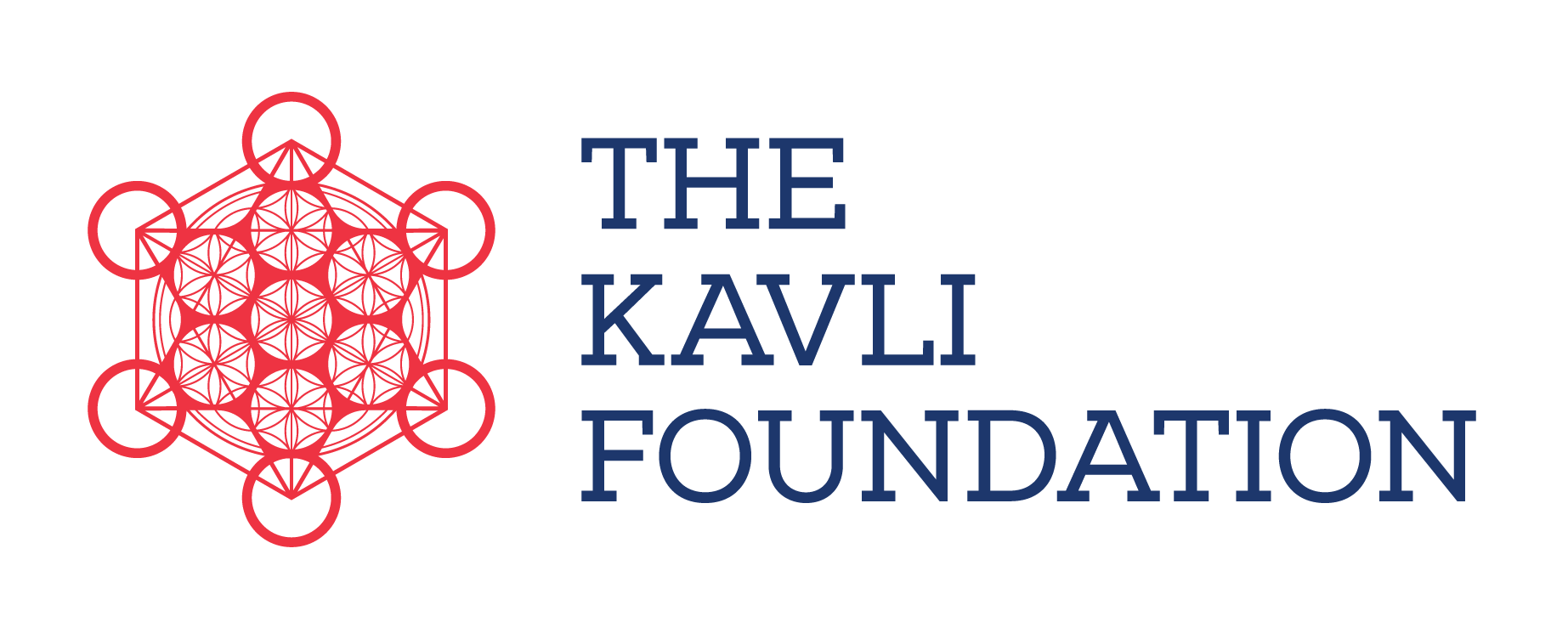December 18, 2025
Kavli Institute for the Physics and Mathematics of the Universe (Kavli IPMU, WPI)
On January 25 (Sat), we invite you to take part in the 10th Public Lecture series "A Question of Origins", jointly hosted by the Kavli Institute for the Physics and Mathematics of the Universe (Kavli IPMU, WPI), Science Tokyo's Earth-Life Science Institute (WPI-ELSI), and co-hosted by The University of Tokyo's International Research Center for Neurointelligence (WPI-IRCN). This event will be in Japanese.
The Universe, Earth, Human Intelligence. How did it all begin? Throughout history, humans have always asked this question. In this event, researchers will talk about how far science has come to uncover the origin of the Universe, of Earth, and Human Intelligence. They will also discuss what it means to study the origin of something, moderated by a researcher who has crossed roads with mathematics, information sciences, physics and philosophy to discuss and think about what it means to look for an origin.
>Register for this event here (Peatix)

Program
1:10PM - 1:45PM
Lecture 1
Geometry, and the birth of coordinates
Speaker: Yukari Ito (Kavli IPMU Professor)
Geometry is a method (metry) of measuring the earth (geo). Euclidean geometry originated in ancient Egypt as a surveying technique that was used every time the Nile River flooded. Later, the philosopher Descartes came up with the phrase, “I think, therefore I am,” introducing coordinates into geometry, and making it possible to describe not only shape and size, but also positional relationships. Today, this concept remains indispensable not only in mathematics, but also in physics and engineering. In this lecture, I will introduce algebraic geometry, an area of modern mathematics, from these histories. I will also discuss the significance of studying mathematics in middle and high school, and the role of mathematics in modern society.
1:45PM - 2:20PM
Lecture 2
Finding the origin of life through a microscope lens
Speaker: Yasushi Okada (IRCN Professor)
What does it mean to be alive when you are made up of proteins and other biological macromolecules?
Can we understand the life and death of a cell as a change of state, like how water molecules become ice when cooled, and water vapor when heated? The protein concentration inside cytoplasm is about 30%, which is about the same as a crowded train. Chemical reactions in such crowded environments may differ from those in dilute solution systems in test tubes. The formation of concentrated droplets of certain proteins and other substances in cells has caught the attention of the scientific community in recent years. We have developed a microscopy technique to observe molecules beyond the limitations of optical microscopy, and have been making measurements in living cells. In my talk, I would like to discuss the origin of the ‘life force’ by presenting images of cells obtained with our microscopes.
2:30PM - 3:05PM
Lecture 3
From Extraterrestrial Life to the Origin of Life, and then to a Universal Biology
Speaker: Shigeru Ida (ELSI Professor)
Thousands of planetary systems of various shapes and sizes have been discovered, and the probability that stars in our galaxy have Earth-like planets is more than 50 per cent. It's likely many of these planets have oceans, but so far the only ones observable from Earth are revolving around red dwarf stars. However, life may already exist in the methane oceans planets within our solar system such as Jupiter or Saturn. In the future, space telescopes will be launched with the purpose to observe planets outside our solar system, and probes will be sent to explore ice satellites of the outer planets. We may find extraterrestrial life in the near future. But celestial bodies and life are one and the same, so we are now facing the question of what kind of life could exist on an exoplanet or ice satellite, and what is life in the first place? Here is what scientists think
3:05PM - 3:40PM
Lecture 4
A Universality where Principle of Generation carries Infinity: Micro and Macro in the Middle Ages
Speaker: Shiro Yamauchi (Keio University Professor Emeritus)
The Middle Ages saw several discussion at once: the creation of the universe, the definition of God, the principle of life, the problem of human individuation, and the problem of knowledge. The “Book of the 24 Philosophers” was written around 1200, and stated the 24 definitions of God. It was a document that circulated widely around medieval Europe. The book was influential and motivated people to think more speculatively and imaginatively about early modern cosmology. The most famous is definition 2, which states that “God is an infinite sphere, whose center is everywhere and whose surface is nowhere.” In my talk I will show how the abstractions of existence and universality are differentiated and developed into various things.
3:40PM - 4:30PM
Roundtable discussion
This discussion will quiz the three speakers about their approach to origins, moderated by a medieval philosopher whose discipline was not yet as differentiated as it is today.
4:40PM - 5:10PM
Teatime (no live streaming)
Enjoy our after event teatime and meet and talk with the speakers.
Summary
|
|
|
|
|
|
|
|
|
|
|
|
|
|
|
|
|
170 |
|
|
|
|
|
|
About the Kavli IPMU x (Kakeru) Collection
A series of events where Kavli IPMU researchers have exchanged discussions with experts from different disciplines. Click here for a full list of past events.






